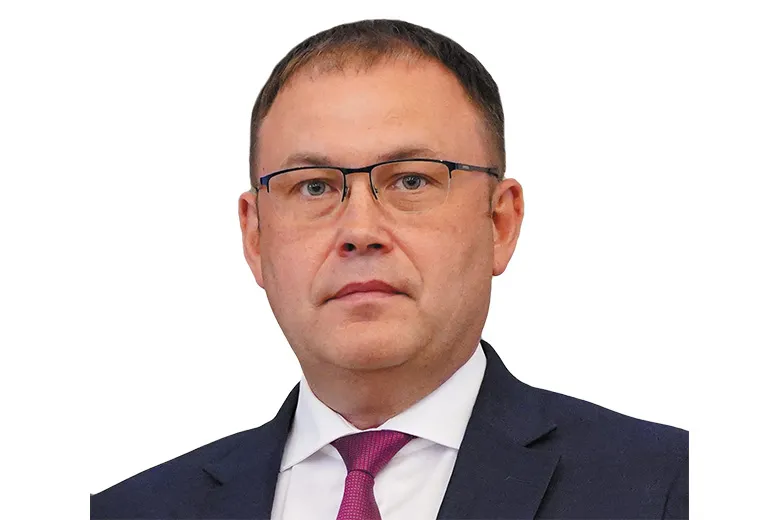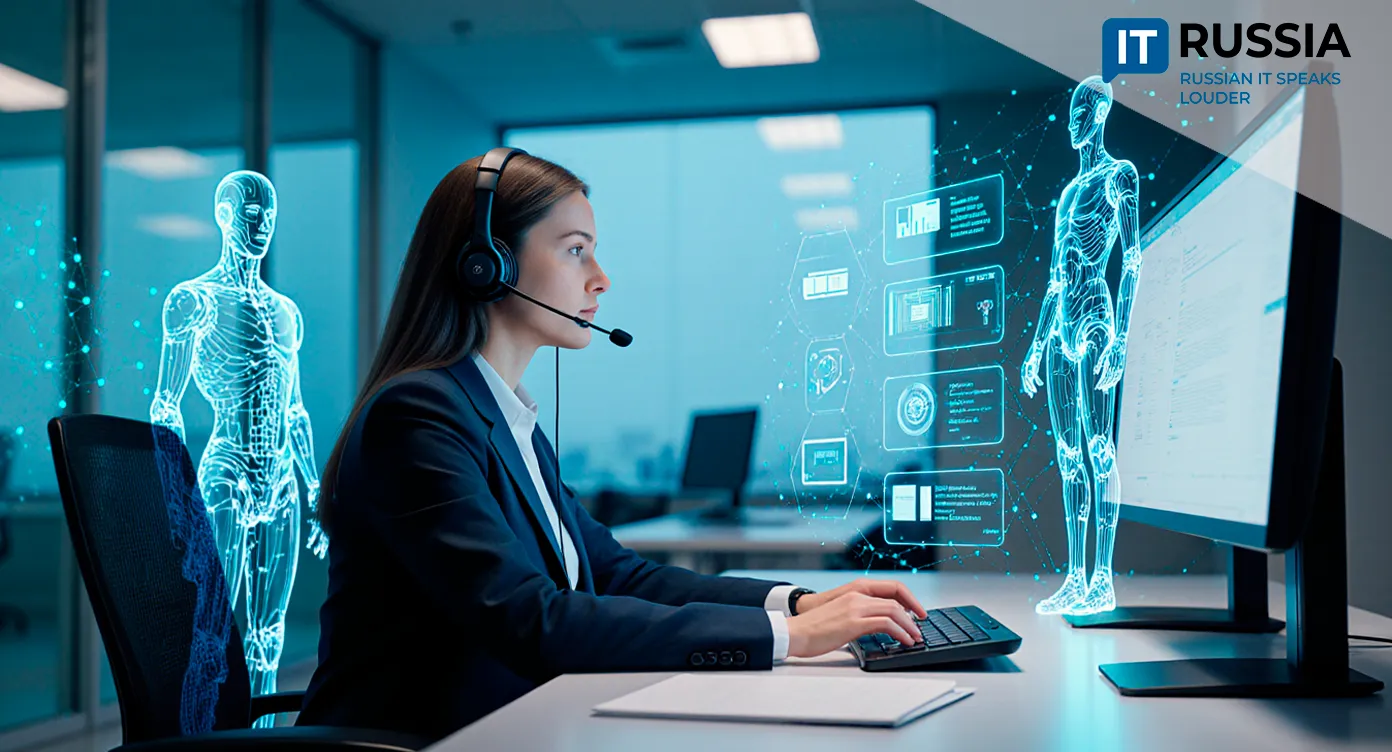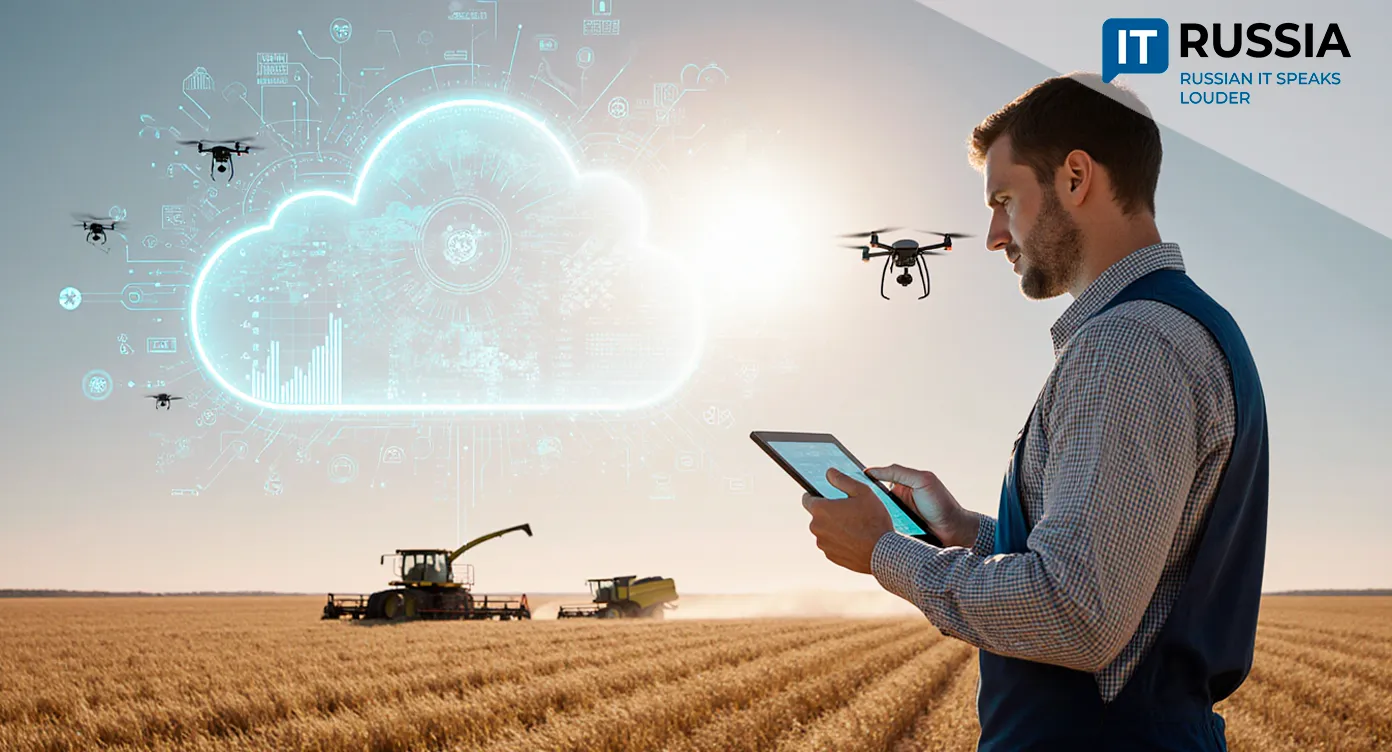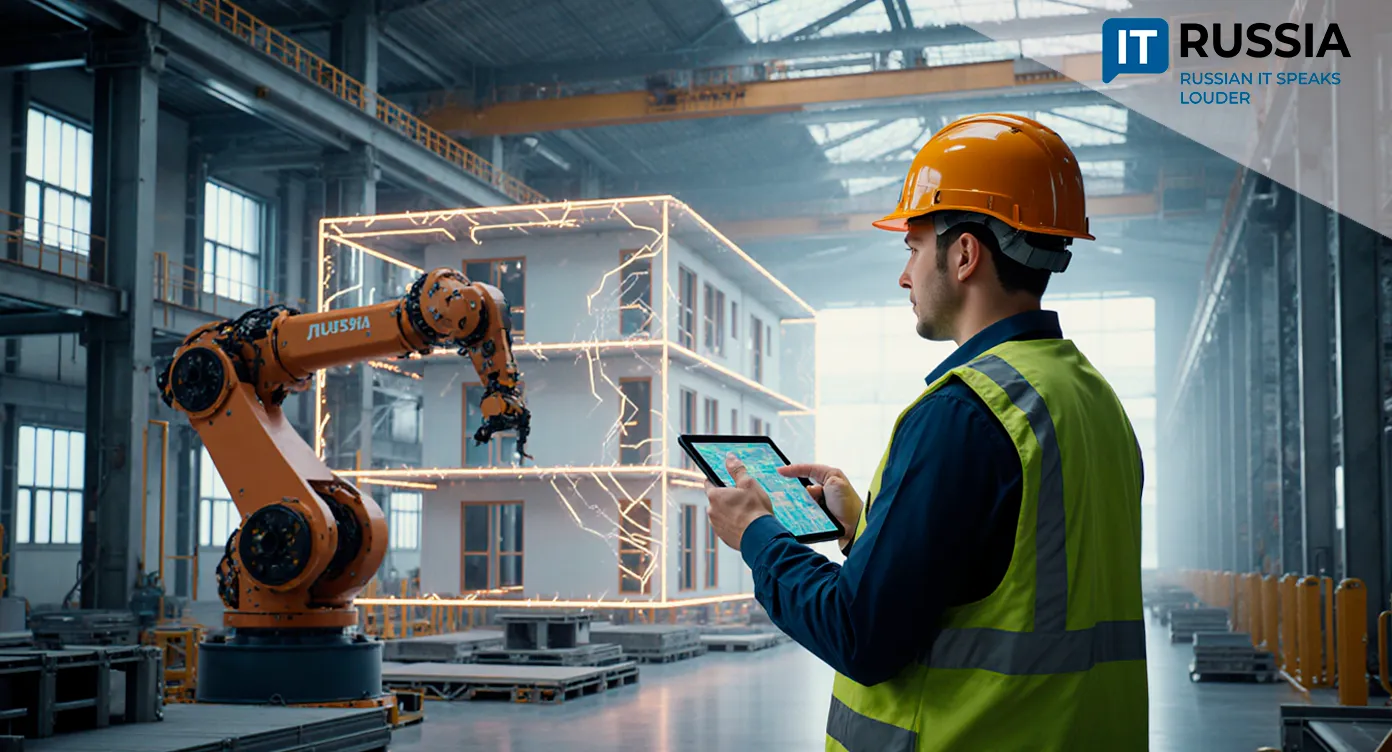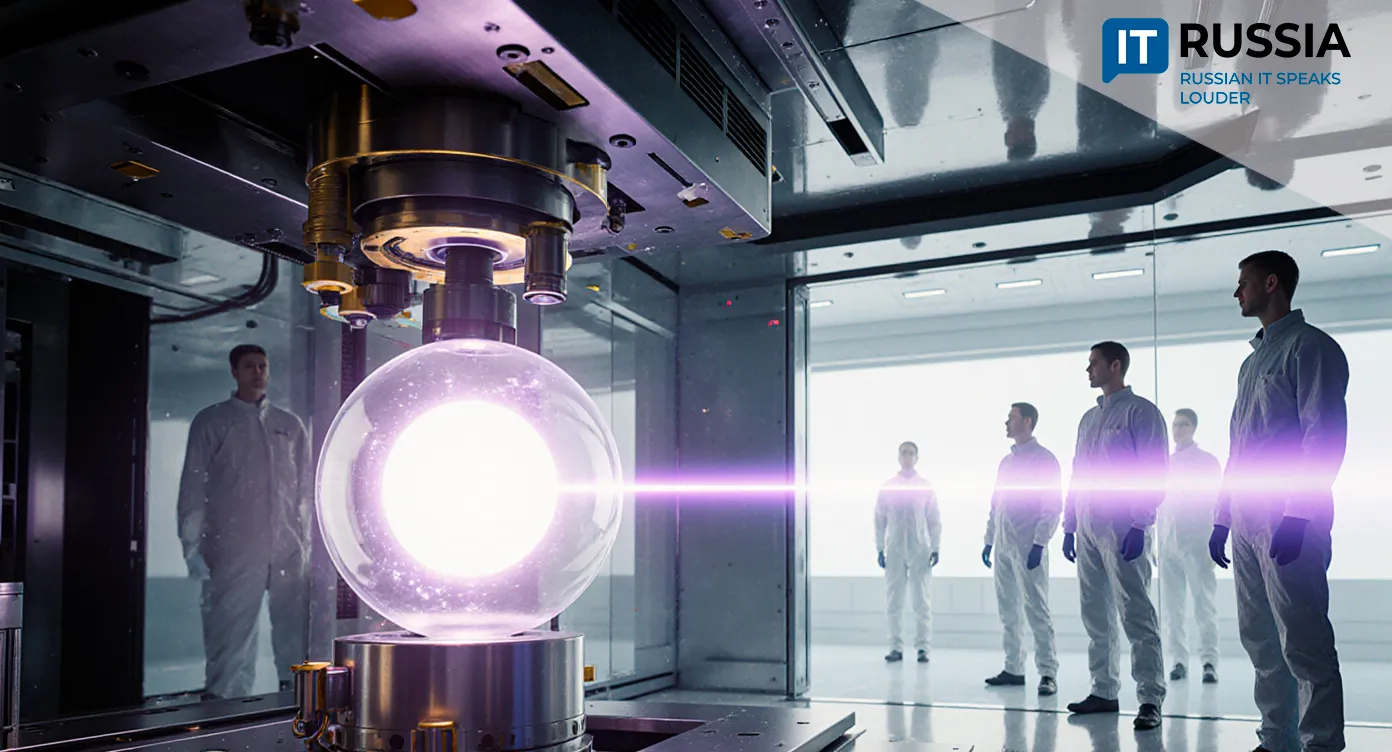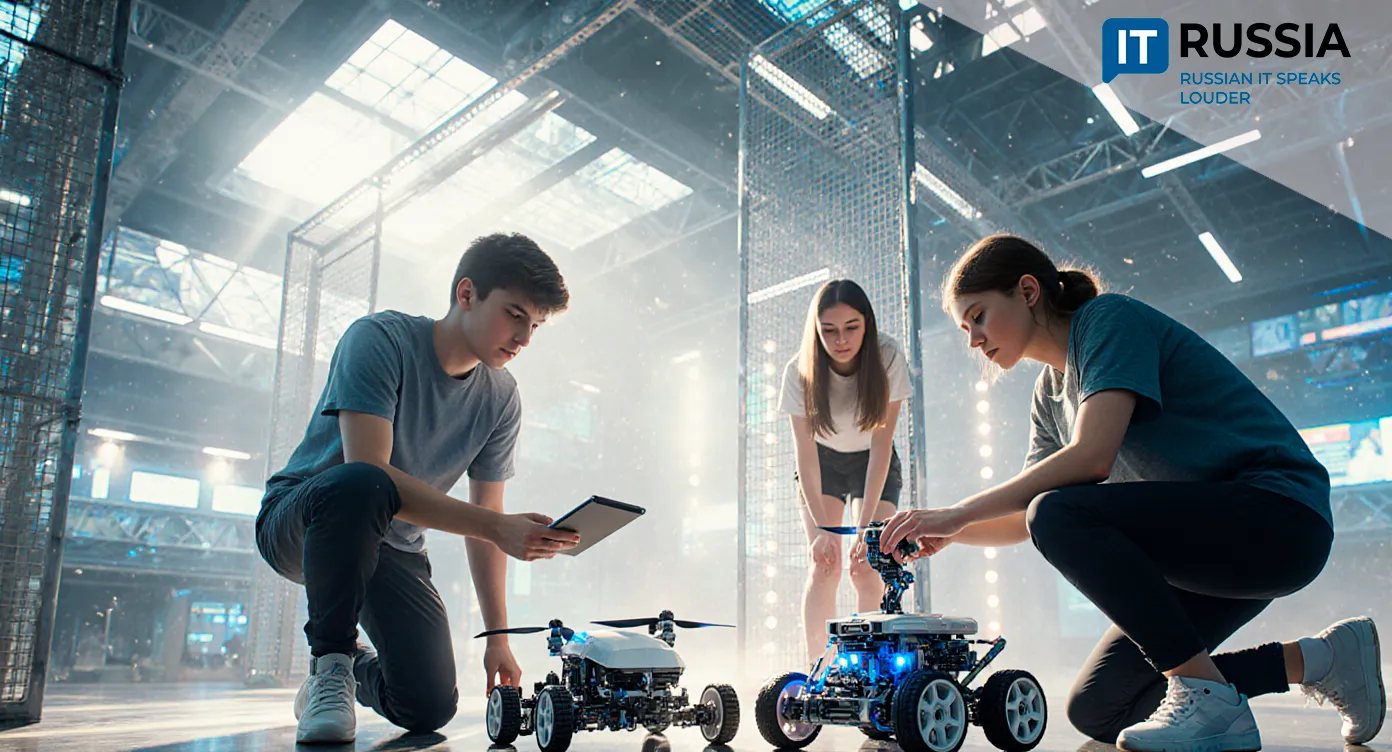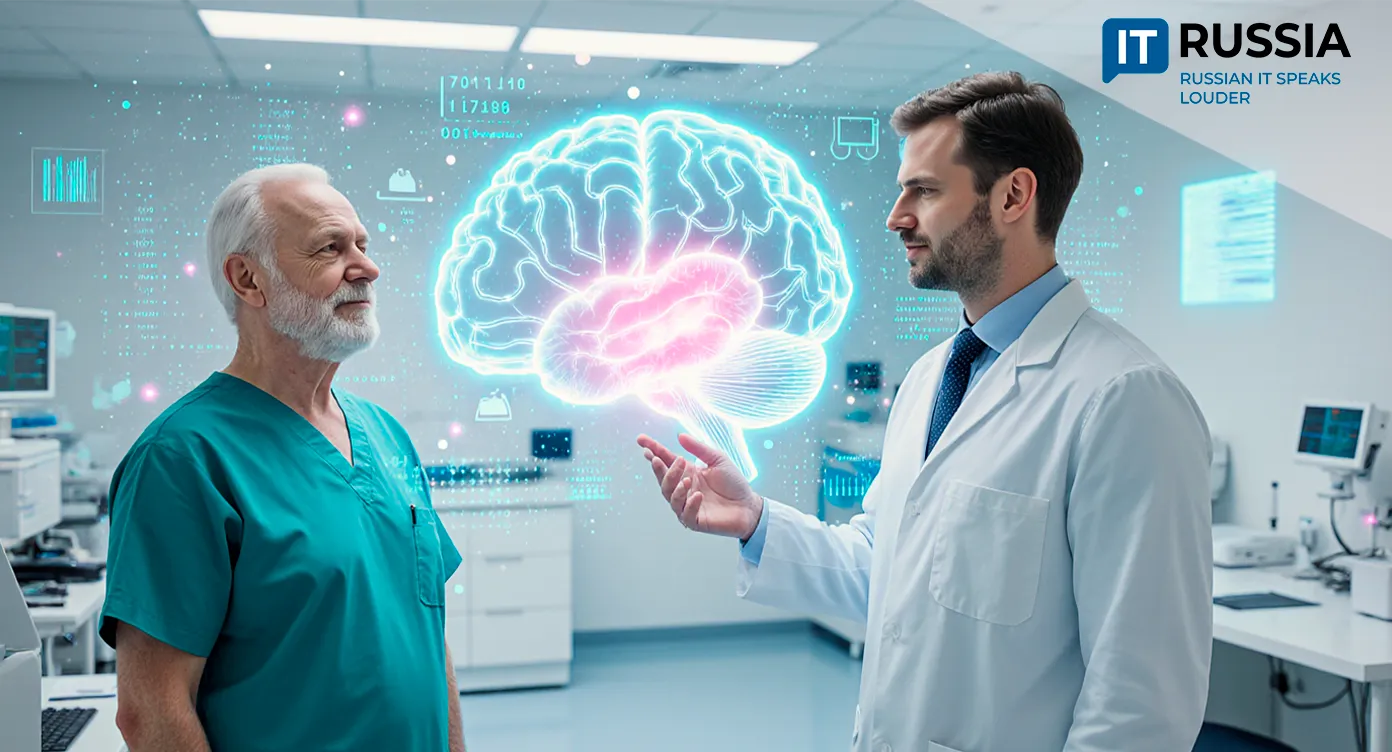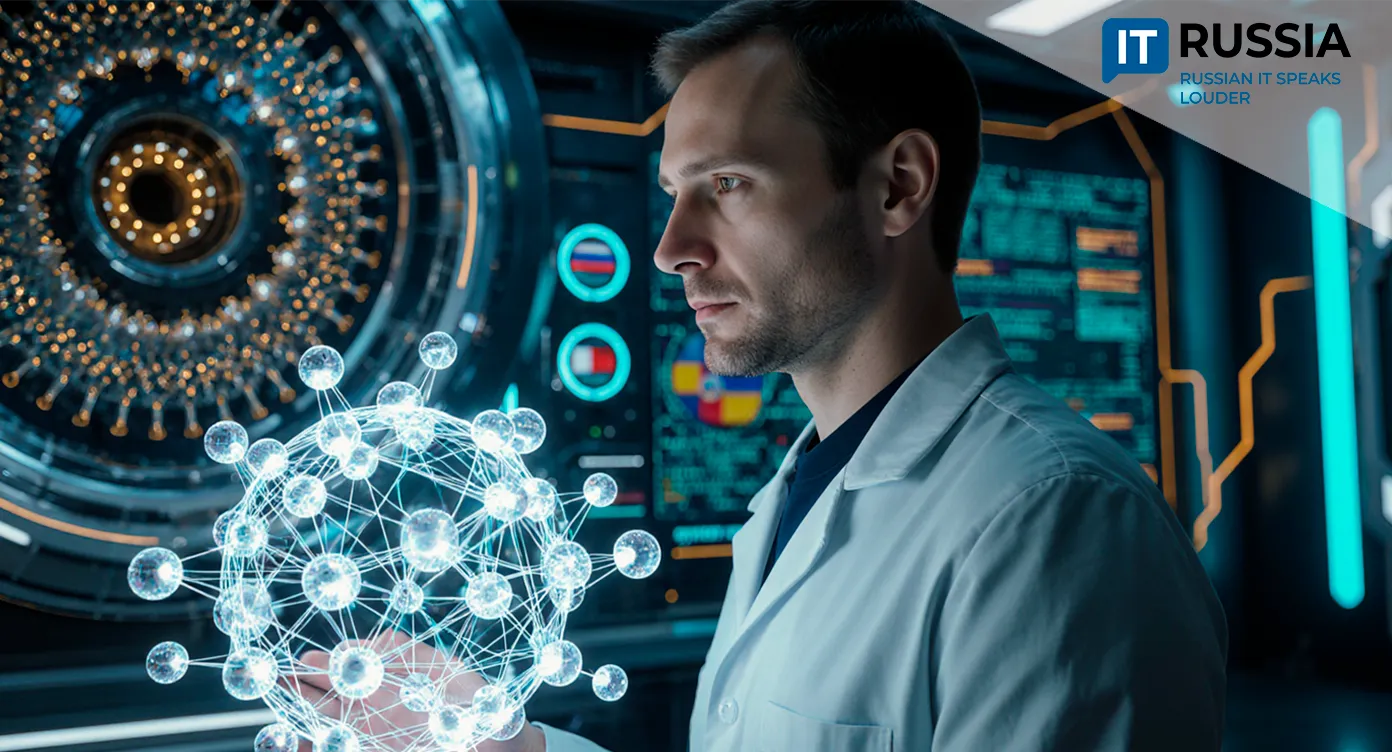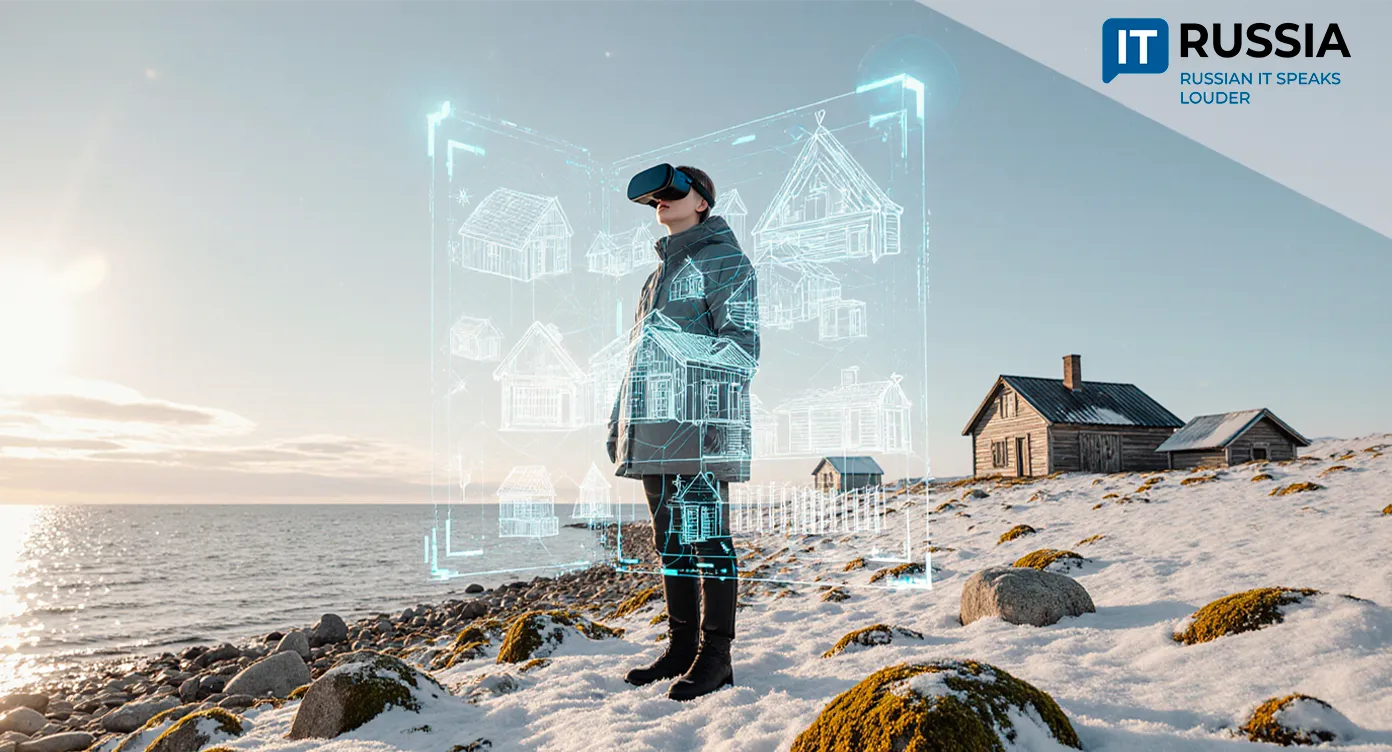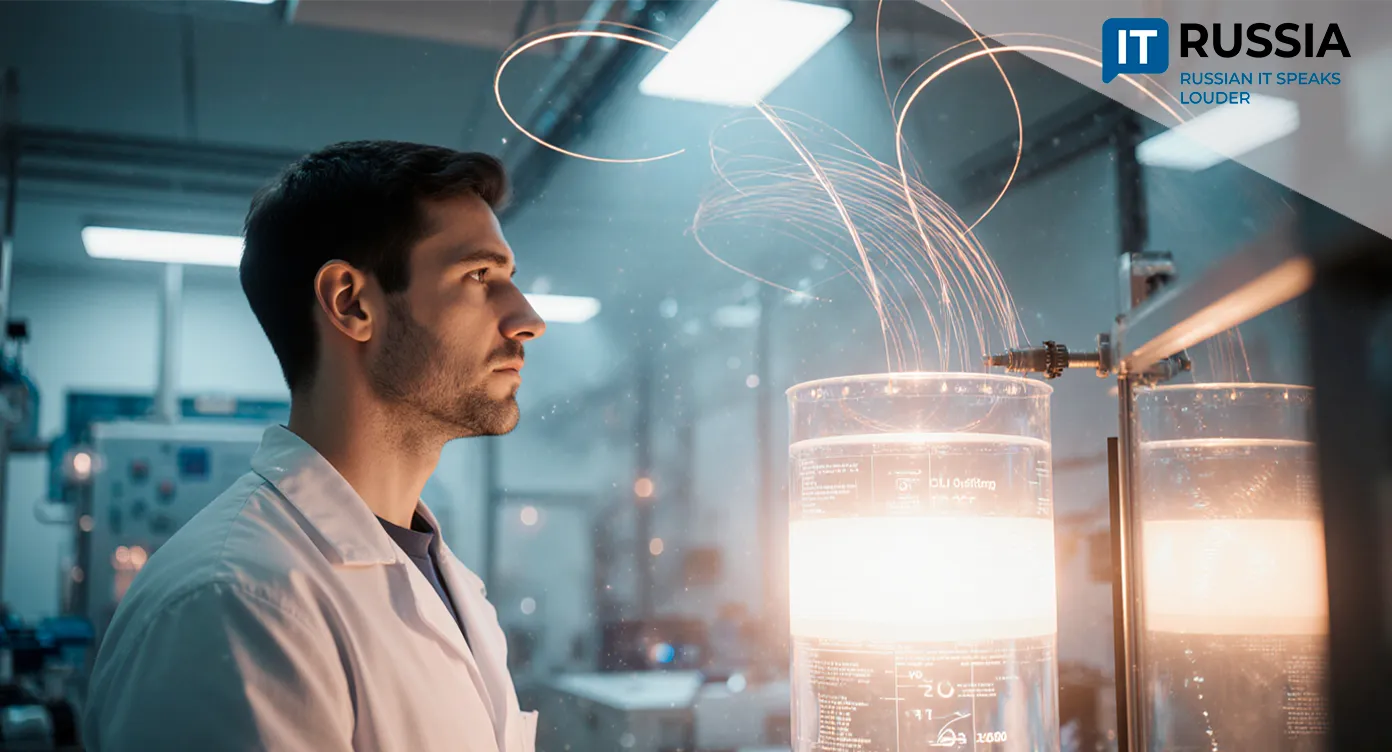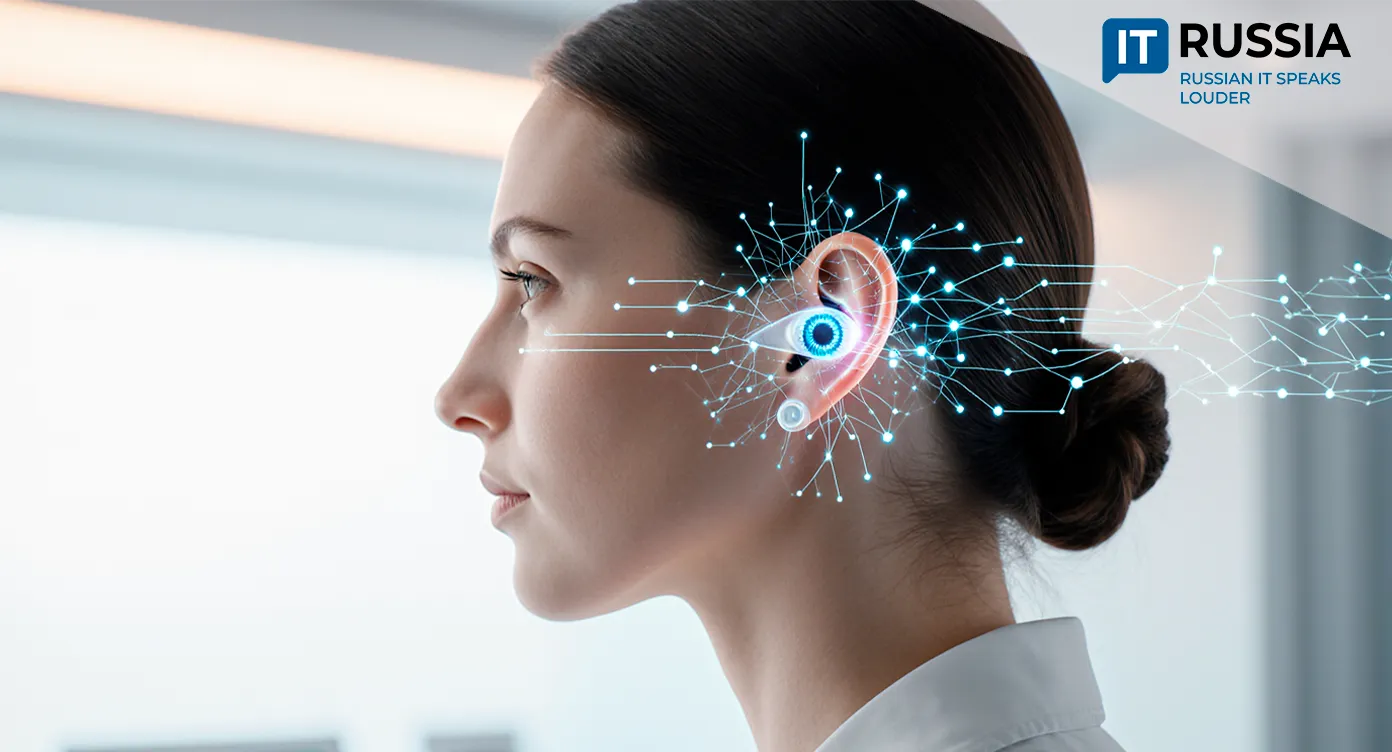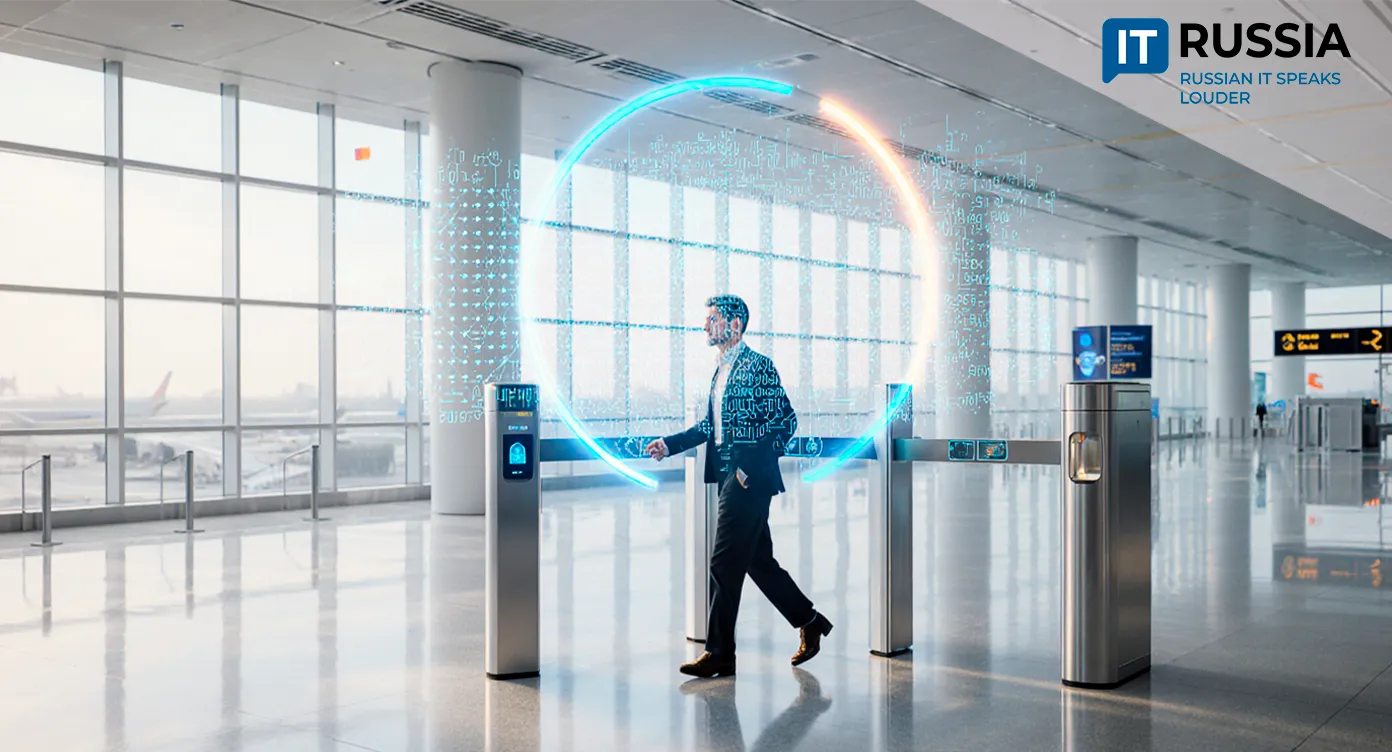Rehabilitation as Play: Russian Engineers Develop a Robot Helping Children Walk Again
A breakthrough robotic rehabilitation system called KrisaF has been launched at the Kemerovo Regional Children’s Hospital in Siberia, offering new hope to children with cerebral palsy and traumatic injuries. The innovation marks a new era for pediatric neurorehabilitation in Russia.
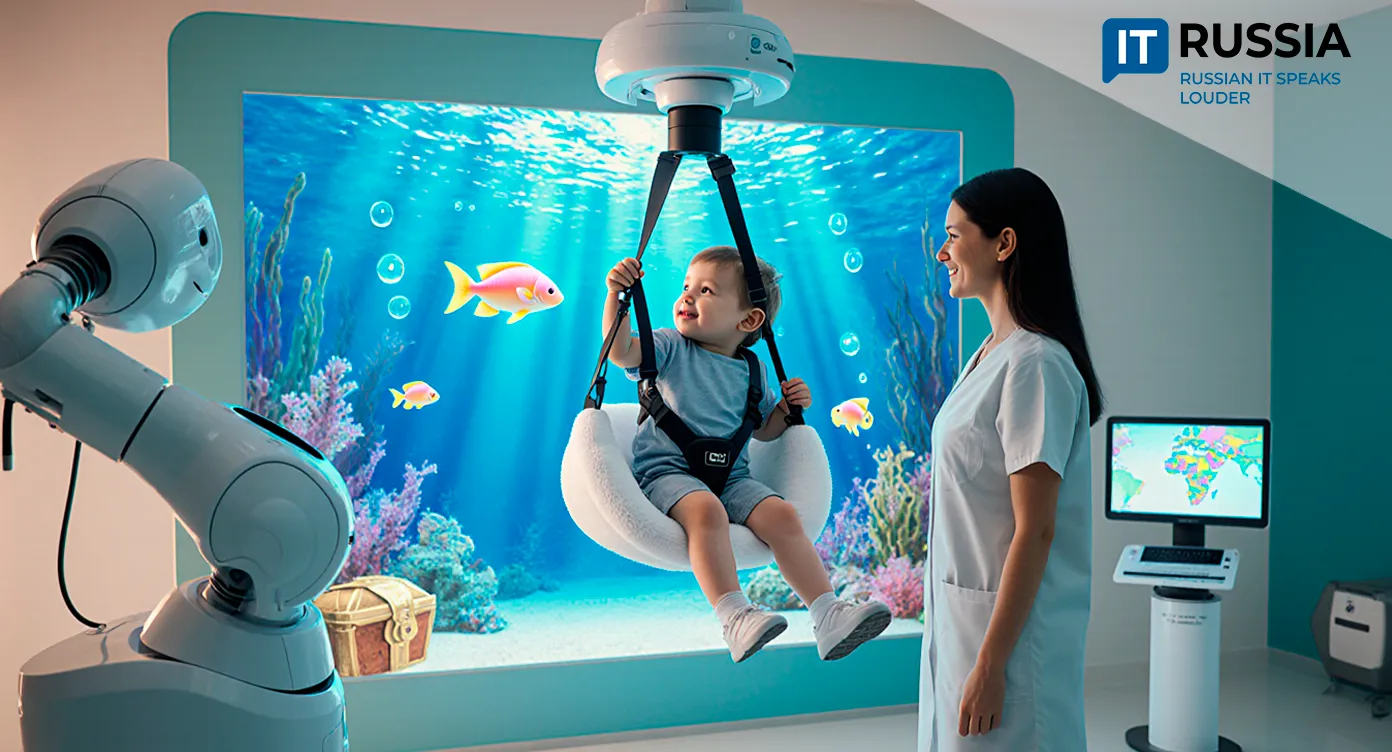
Turning Therapy into a Game
KrisaF is a robotic rehabilitation complex designed to transform therapy into a motivating, game-based experience. The system was installed in the hospital’s 'Golden Fish' rehabilitation unit as part of the national program 'Active and Healthy Life.'
The device suspends the child in a supportive harness with cuffs attached to the legs and torso. On a screen ahead, patients navigate immersive virtual worlds — diving underwater, searching for treasures, or exploring fairy-tale landscapes. The result is a therapy session that feels more like an adventure than medical training.
Doctors report remarkable outcomes: reduced muscle spasms, improved coordination, and faster recovery. One of the first patients — a young girl with cerebral palsy — showed measurable improvements in knee mobility and walking confidence after several sessions.
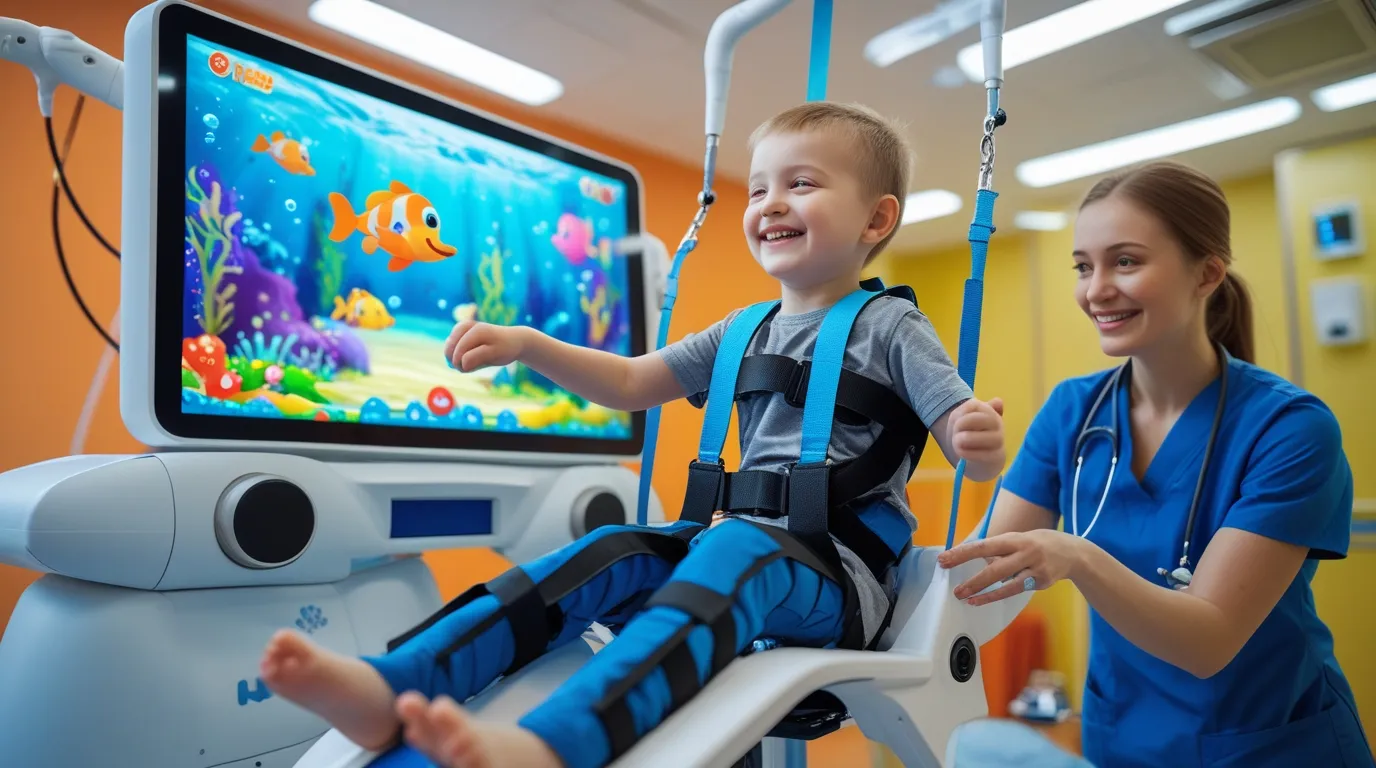
The system, valued at more than 30 million rubles ($330,000), is seen as an investment not only in medical technology but in the future of children’s health and quality of life.
From Experiment to Standard Practice
The Kemerovo project is more than a local innovation — it reflects a broader shift in Russian healthcare, where robotic systems are becoming part of public hospitals and national medical programs. Robotics, AI, and adaptive interfaces are no longer experimental add-ons but core tools supporting physicians and patients alike.
What makes KrisaF particularly significant is its deployment in a regional state hospital, not a private clinic. It signals that medical digitalization in Russia is becoming accessible and equitable — technologies are reaching the people who need them most.
Russia’s Role in Global MedTech
Russia’s research institutions and startups are rapidly advancing in the field of robotic rehabilitation. Engineers and clinicians are developing exoskeletons, sensor-based trainers, and AI-driven platforms connecting patients, doctors, and data.
The ExoAtlet project, launched in Russia, is now used in dozens of clinics worldwide. The Moscow Institute of Physics and Technology has built a neural-network-controlled arm exoskeleton, while collaborative initiatives between Taratonov Samsonov Robotics and RosNOU focus on pediatric devices for cerebral palsy rehabilitation.
KrisaF fits seamlessly into this ecosystem — a scalable, clinically integrated technology aimed at nationwide adoption rather than limited laboratory trials.
A Global Perspective
Robotic rehabilitation is a fast-growing segment worldwide. Studies published in *Frontiers in Neurology* and *ResearchGate* (2024) show that robotic gait training significantly improves motor function, balance, and movement speed in children with cerebral palsy.
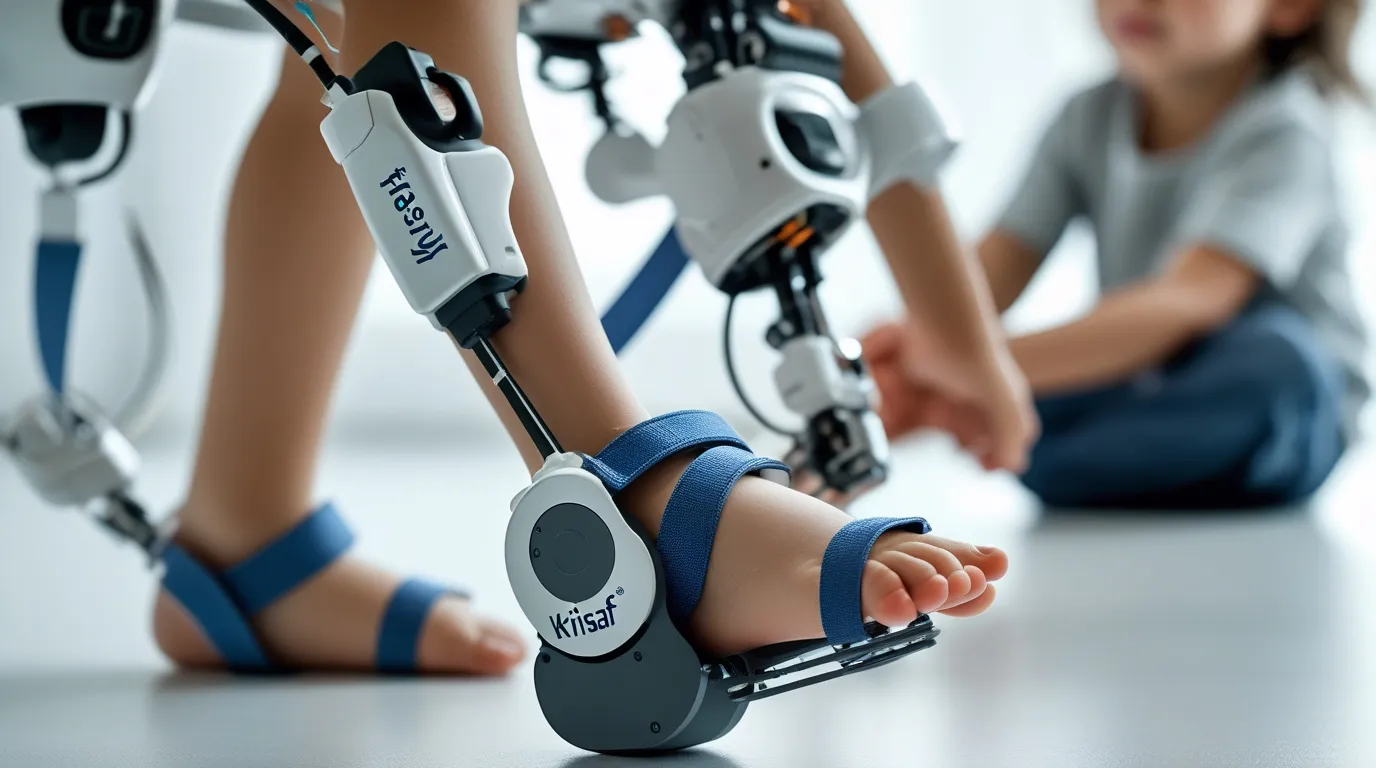
Russia is making these innovations affordable and publicly available through its national healthcare system. Unlike many Western countries, where such systems cost millions of dollars and remain limited to private clinics, robot-assisted therapy in Russia is covered under mandatory health insurance. This means a child in Kemerovo or Khabarovsk receives the same level of care as one in Europe’s top neurorehabilitation centers.
Human-Centered Technology
Developers are already working on the next generation of KrisaF systems, which will incorporate AI-based adaptive functions — analyzing movement patterns, adjusting loads, and predicting recovery trajectories. The game-based visual interface is central to its success, reducing anxiety and fatigue while improving engagement and treatment outcomes.
The combination of gamification, biomechanics, and artificial intelligence makes this rehabilitation not just digital, but profoundly humane. Technology becomes an ally, helping children move, play, and rediscover joy in everyday life.
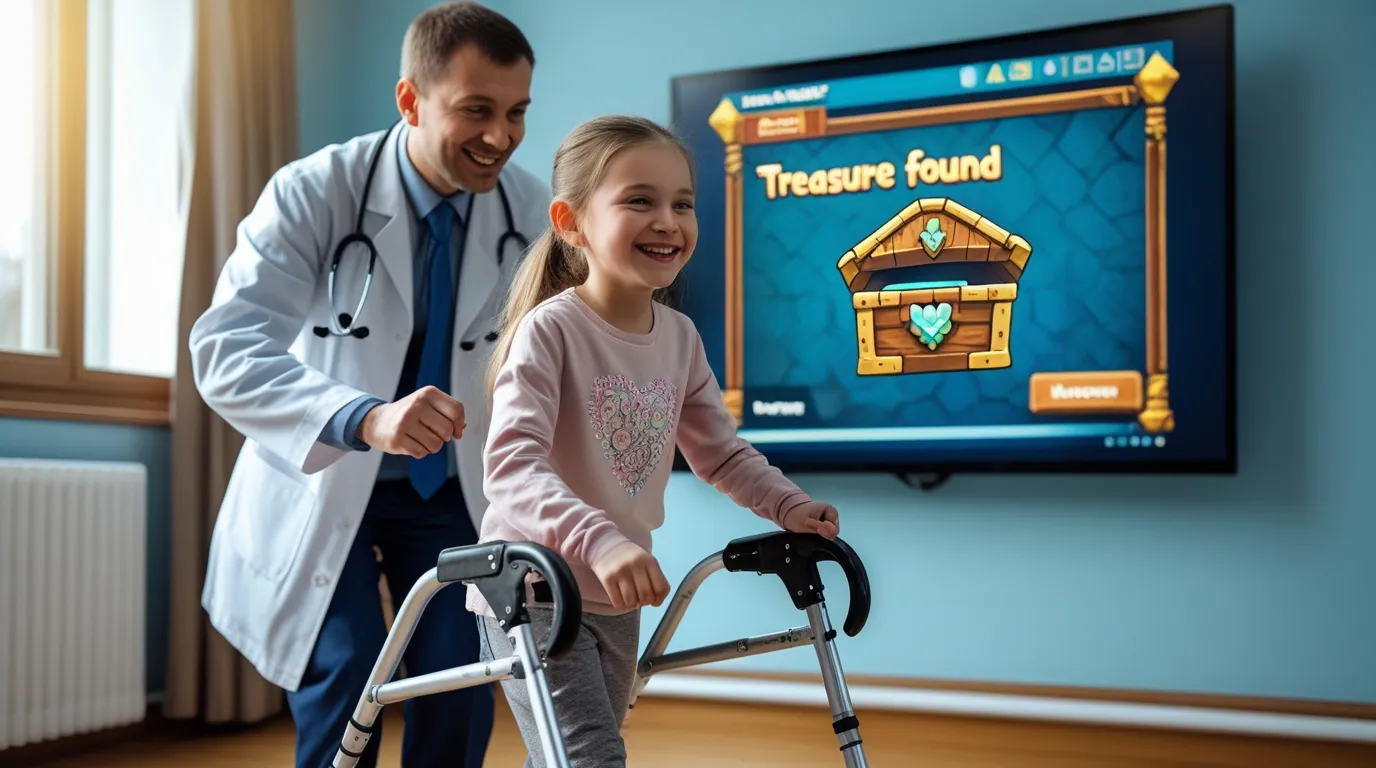
A Symbol of Medical Progress
The launch of KrisaF in Kemerovo is both a local achievement and a symbolic milestone. It demonstrates Russia’s commitment to building a healthcare system where technology serves humanity. Kuzbass is becoming a hub for integrating engineering, medicine, and social innovation.
In the coming years, similar systems are expected to expand nationwide and integrate into telemedicine and remote monitoring programs. Given its reliance on domestic software and engineering, KrisaF also has strong export potential in the CIS, Asia, and Latin America — regions seeking cost-effective robotic rehabilitation tools.


